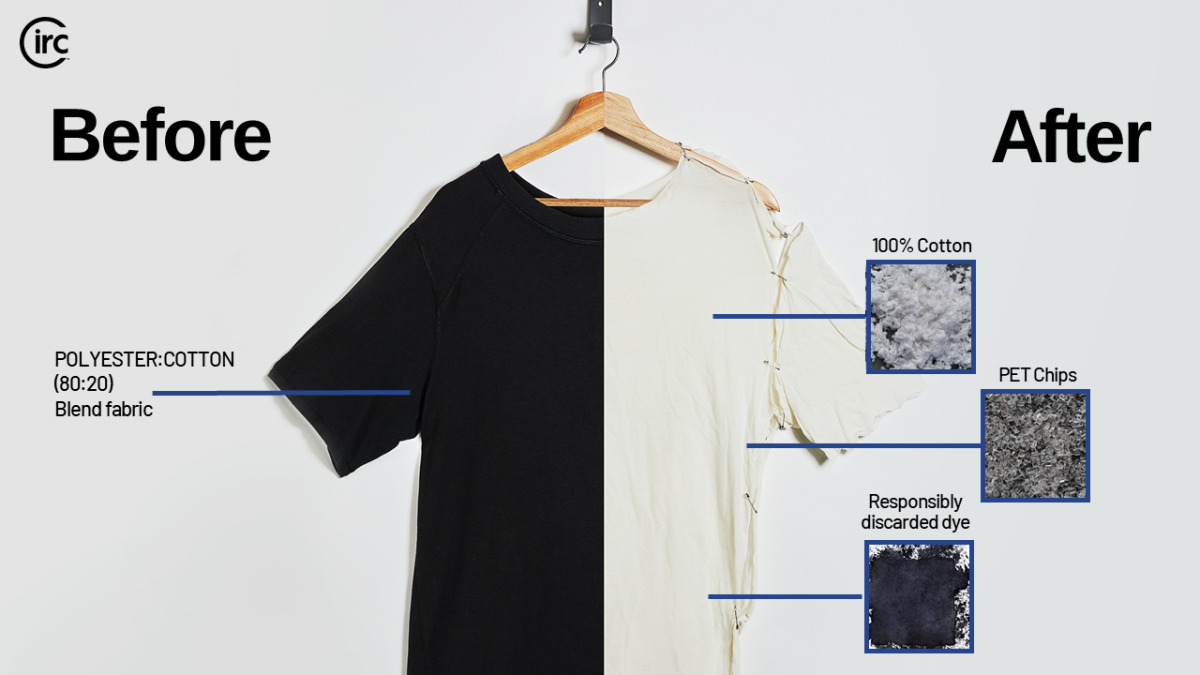
California’s new Responsible Textile Recovery Act of 2023 would call for producers to establish a stewardship programme for the assortment and recycling of “covered merchandise,” which include things like any attire, textile, or textile post that is unsuitable for reuse by a client in its current point out or situation.
The Act is aimed at facilitating the repair service and reuse of clothing and the recycling of textile fibres and will be enacted underneath Bill SB 707.
Senator Newman spelled out that the ordinary US shopper discards extra than 81 lbs . of clothes each individual year – an sum that has amplified 55{5e37bb13eee9fcae577c356a6edbd948fa817adb745f8ff03ff00bd2962a045d} due to the fact the yr 2000 on a per capita foundation. Including, that textiles are now the fastest-growing component of California’s landfills, comprising 3{5e37bb13eee9fcae577c356a6edbd948fa817adb745f8ff03ff00bd2962a045d} of full landfilled squander, and the fifth-most popular materials all round.
He stated: “If effectively sorted and processed, the fibres inside of most outfits items and textiles are extremely appropriate for recycling and repurposing into new merchandise. At the time handed, SB 707 will establish an prolonged producer duty (EPR) programme for recycling textiles in California below the auspices of CalRecycle and an ensuing advisory system to be developed underneath the statute.”
Beneath the provisions of the bill, textile producers and other stakeholders will develop a framework for the implementation and administration of an stop-to-finish technique to optimise the fix or recycling of all coated products and solutions and thereby minimise the importation of their goods into our landfills.
The goods to be included by this laws are textiles typically utilised in homes and companies, such as, but not confined to: attire, components, handbags, backpacks, draperies, shower curtains, furnishings, upholstery, bedding, towels, napkins, and tablecloths.
Newman believes a single of the several rewards of the proposed Act will persuade Californians to “bring their unwelcome apparel and house textiles to thrift shops, charities, and other collection web pages for donation”. On the other hand, these selection web-sites will now also be portion of a program for sorting and eventually recycling used textiles that cannot be utilised or marketed all over again.
“This invoice is a phase toward sustainable, market place-aligned, circular economic climate,” Newman extra.
Last Oct, California governor Gavin Newsom signed off AB 1817 monthly bill that bans the sale of clothing and fabrics that consist of hazardous perfluoroalkyl and polyfluoroalkyl substances (PFAS) by 2025.

